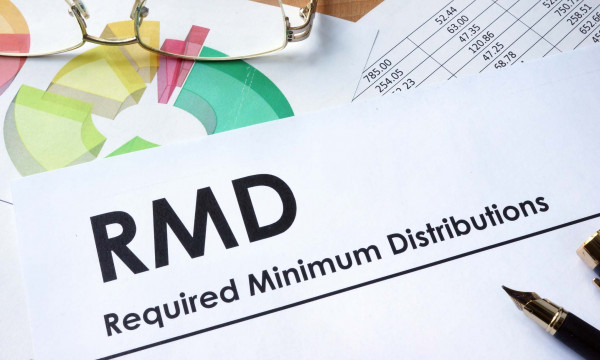Know Your Retirement Plan Investment Options

A mutual fund is a basket of individual investments created by a fund company such as Vanguard, JPMorgan, or Fidelity among others. Mutual funds can be made up of either stocks, bonds, money market instruments, or other investments. Mutual funds give individual investors access to diversified and professionally managed portfolios. You can invest in hundreds of different investments, across many different industries, and countries. You don’t have to choose the investments – a professional does all of that for you.
Mutual funds can have actively managed portfolios, where investment professionals create a unique mix of investments to meet a particular investment objective, or passively managed portfolios, in which the investment professionals seek to match the performance of a selected benchmark or index. The Dow Jones Industrial Average, S&P 500 Index, and NASDAQ are well known benchmarks.
An equity or stock mutual fund primarily invests in stocks. Stock mutual funds can be classified into the size of the companies being invested into, often referred to as market cap. Examples of those are large, medium, and small.
Stock mutual funds can also be classified as value, growth, or blend. Value mutual funds primarily invest in stocks that are believed to be priced below what they are really worth. As time passes, the market will recognize the company’s value and the price will rise. Growth mutual funds primarily invest in stocks of companies with above-average risk, in return for potentially above-average gains. These companies are expected to grow faster than others and offer strong earnings growth. A blend mutual fund will invest in both value and growth stocks.
Fixed-income or bond mutual funds primarily invests in bonds, such as government bonds, corporate bonds, or other debt instruments.They focus on investments that pay a set rate of return and to generate interest income. Bond mutual funds are likely to have higher returns than CDs and money market investments. Bond mutual funds are more conservative than stocks, but they are not risk free. Different bond funds carry a different degree of risk, depending on what they invest in.
Money market funds invest in short-term, high-grade fixed-income securities, and seeks the highest level of income consistent with preservation of capital (i.e., maintaining a stable share price). Those investments are mostly government Treasury bills. You won’t get substantial returns, but you won’t have to worry about losing your principal value. There is risk when investing in money market funds and that risk is not having your rate of return keep up with inflation. If that’s happening, you’re losing purchasing power, which is where your dollar won’t buy as much as it did in the past.
Target Retirement Funds are another type of mutual fund. They’re designed to provide varying degrees of long-term appreciation (growth) and money protection based on an investor’s target retirement date through a mix of different investments. The investment mixture changes over time to become less aggressive or less focused on growth and become more conservative or more focused on money protection the closer you get to retirement and into your retirement years.
Learning Center articles, guides, blogs, podcasts, and videos are for informational purposes only and are not an advertisement for a product or service. The accuracy and completeness is not guaranteed and does not constitute legal or tax advice. Please consult with your own tax, legal, and financial advisors.
|




